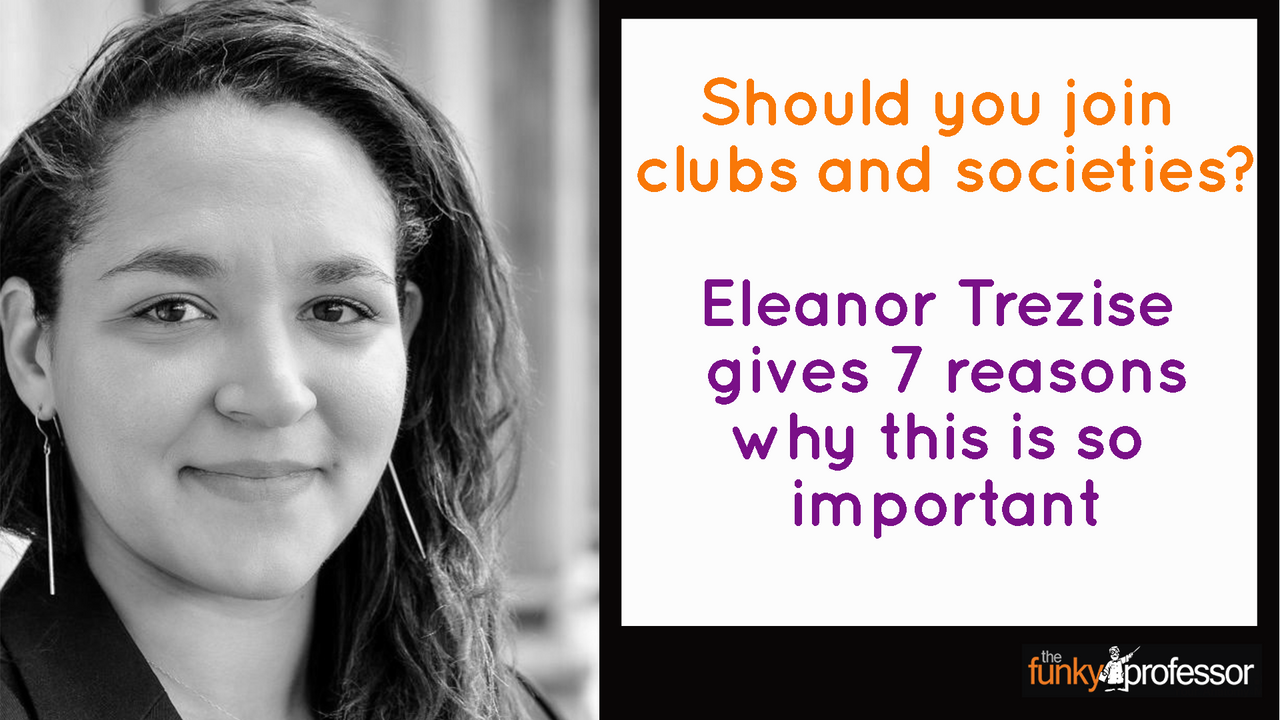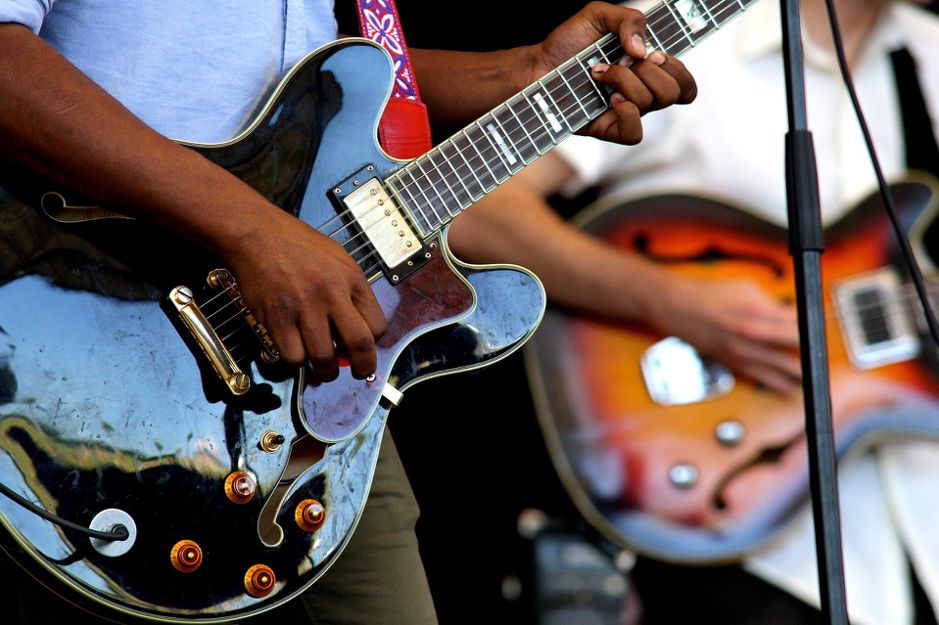Should you join clubs and societies at medical school?
Sep 20, 2021
A big welcome to our guest blogger Eleanor Trezise.
Eleanor is a Graduate Entry Medicine student at St Georges Hospital in London.
Eleanor scored in the top 12% in GAMSAT, and this inspired her to launch her own website with the intention of advertising tutoring services and supporting other GAMSAT takers (link at end of blog). As the site evolved, it has become an important and useful platform for sharing advice and providing resources for everything from completing applications and interview help to study tips and making the most of your time at medical school.
Some believe the smartest thing to do at medical school is to put your head down and do nothing but study 24/7 in the hope of consistently hitting that top decile. But for many people, it’s not. Hear me out…
The experiences, connections and other benefits you can get from extracurriculars could be invaluable in your future – as well as in the present.
In this blog post I’m going to give 7 reasons why you should join at least one club or society while at medical school.

1. Develop Your Skills
One problem we face as medical students is that we’re given many opportunities to improve our medical knowledge, clinical and communication skills. All essential for being a doctor, of course. Yet we rarely get opportunities to hone other skills such as leadership, organising events, managing budgets, entrepreneurship and more. All these additional skills could help us stand out from other candidates when applying for jobs later on.
To give an example, I was recently successful in applying for a paid sports medicine internship for medical students. Little did I know that the doctors interviewing me would be interested in my blog and ask about my web design skills. It’s possible this helped me stand out.
2. Discover Your Passions
If you join clubs and societies that you’re naturally drawn to, this could help you discover and reinforce your true passions.
Once you know what your passions are, you can shape your life and career around them. Some say, making time to enjoy your passions can make you happier and more fulfilled.
It could be as straight forward as you discovering you love emergency medicine through attending talks, conferences and shadowing opportunities organised by your uni’s emergency medicine society.
Alternatively, it may be not so straight forward… you may find that you have a huge passion for baking cakes after joining the baking society. You could shape your future medical career in a way that gives you time to bake as a hobby, even a side business
3. Boost Your CV
I’ve heard consultants of today say they had less on their CV whilst in medical school than many medical students do now.
Clubs and societies offer opportunities to develop skills (e.g. fundraising, organising events, leadership). You can use any projects or activities you partake in as evidence of having these skills in interviews and on your CV.
The activities you partake in can also be seen as evidence of your interests and enthusiasm. It makes far more of an impression to be able to say you co-organised a national undergraduate cardiology conference than to say you scored well in the same modules everyone else probably scored well in, and especially enjoyed your cardiology placements/rotations because, again, everyone else applying for the same post probably did too.
4. Make Friends & Memories
Whether you end up honing skills and discovering your passions or not, clubs and socs are a great way to find life-long friends and make memories.
Medical school can be hard. It’s a little less hard when there are fun things to look forward to and you have good friends around you.
For example, sports clubs often organise trips abroad and creative/arts societies often do annual shows.
Quick tips if you’re shy but want to make new friends:
- Look out for people with similar interests and humour to you. Go to places and events where these people are likely to be.
- Sometimes make the first move and ask if they’d like to hang out (e.g. coffee, lunch, drink, event you think you’d both like).
- Try not to take it to heart if others don’t reciprocate or you don’t make friends straight away. It takes a bit of luck to find people you click with.
- Go to the freshers/welcome events organised by the students’ union as well as clubs and socs in the first few weeks of the academic year. Many people will be in the same boat and looking to meet new people.
I’ve made most of my friends through sports in my adult life. Partly why I’m so biased towards joining clubs and societies!

5. Networking
Clubs and socs are a great chance to develop a network which could help you in your career later on. Not everybody you get to know needs to become a best buddy.
If you develop a reputation for being organised, a good team player or leader, or just being a decent person, when you meet these people again down the line, they may recommend you or give you advice they wouldn’t have done if you were a complete stranger. And vice versa.
Having been a rugby player, I’ve got to be part of a ‘rugby family’. This hasn’t got me fast tracked into any positions or anything like that – and morally I would never want this – but it has meant that I’ve received advice and been told about opportunities I might not have otherwise.
6. Improve Your Health
Besides from the well-known mental wellbeing benefits of having something fun to do other than studying, and the chance to socialise with others, a range of clubs and societies could give the added benefit of improving your health in other ways.
For example, societies focused on yoga, meditation and lifestyle medicine may help you reduce stress and generally live a healthier lifestyle. Sports clubs offer regular chances to exercise and, especially if you’re competitive or wanting to make new friends, extra incentive to because you know if you commit to training regularly, you’re more likely to win and form strong camaraderie with your teammates.
7. Give Back
The best thing about volunteering is the feeling of giving back. Lots of societies are focused entirely on volunteering. Some examples: Teddy Bear Hospital, Red Cross, StreetDoctors, St John Ambulance and Médecins Sans Frontières (Doctors Without Borders).
In my first and second year, I volunteered with StreetDoctors, teaching first aid to young people at risk of violence, especially knife crime. I really enjoyed it for various reasons, including that it was very rewarding (shame I couldn’t do it more often – my workload was big!) but I can also now use this experience as evidence of my verbal communication skills and teaching ability.
Eleanor Trezise is a graduate entry medical student. To read more articles by her, check out her blog: www.GraduateMedicineSuccess.com

